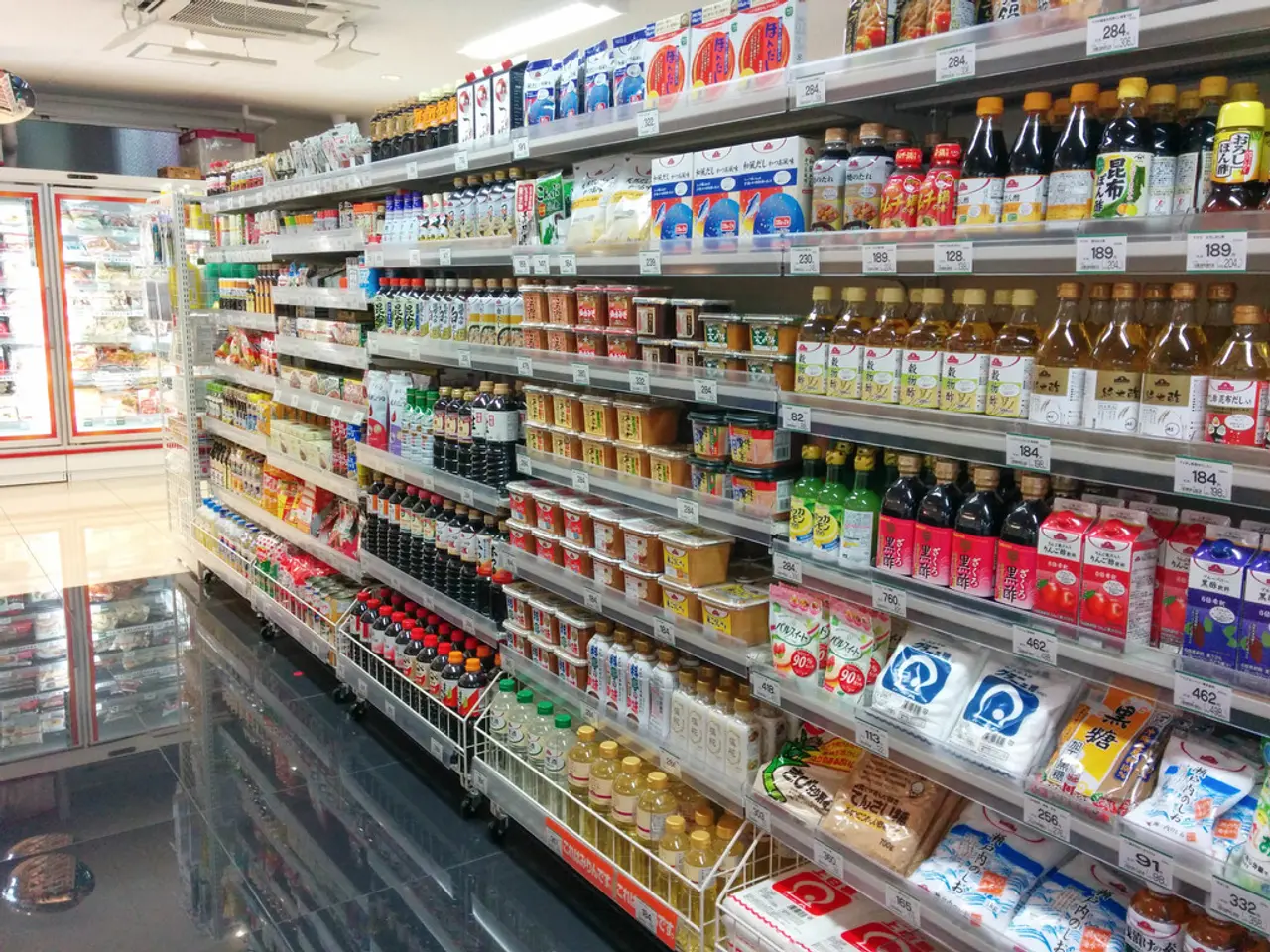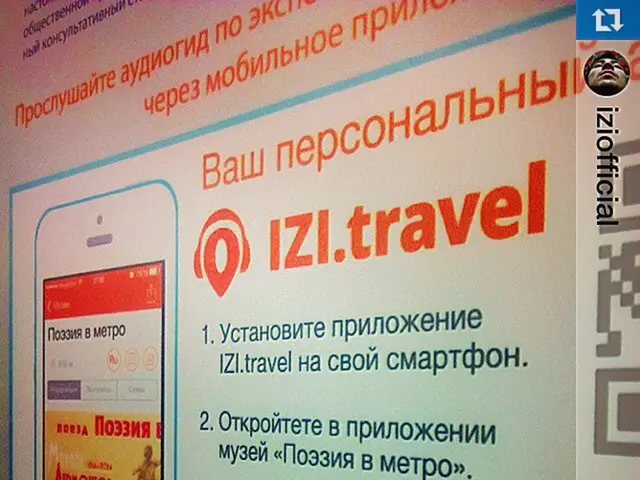Persisting Tariffs Continue to Evoke Challenges for Small Businesses, Shifting their Goals Repeatedly
Tariffs and Small Businesses: Rising Costs and Financial Strain
Small and medium-sized businesses (SMBs) in the United States are facing increasing costs and financial strain due to tariffs on imported goods, according to recent reports.
The constant price increases are causing a ripple effect, with SMBs paying more for imported materials and products. This, in turn, leads to higher prices for customers and challenges in maintaining competitiveness.
A survey from the Census Bureau found that 34% of businesses planned to raise prices in the next six months, up from 29% just weeks earlier. This trend is backed by several recent surveys, with the July small business optimism index from the National Federation of Independent Business showing 32% of companies planning to increase prices, the most since March last year.
One of the businesses feeling the impact is Big Shark Bicycle Company, where the retail price of products has seen an average 10% increase. A bike that would have sold for about $730 before the tariffs were announced is now retailing for $800.
This increase in costs is causing financial pressure for many SMBs, especially those with tight margins. Some contracts prevent raising prices immediately, squeezing cash flow. For instance, Mike Weiss, owner of Big Shark Bicycle Company, stated that new products are being marked up.
The uncertainty caused by tariffs is also contributing to slower hiring and cautious business expansion. SMBs are trying to manage fluctuating costs and market risks, leading to hiring freezes and cautious expansion plans.
Moreover, SMBs often lack the resources to optimize their supply chains, making it difficult to source from tariff-free countries or domestic suppliers. This leaves many businesses facing unavoidable tariff costs.
To navigate higher upfront costs, SMBs are increasingly considering financial tools such as business lines of credit to maintain cash flow and cover unexpected expenses caused by tariffs.
A report from our organization and Visa found that 37% of SMBs indicate that they'd be 'highly interested' in switching to embedded lending options. This shift suggests that SMBs are looking beyond traditional banks and larger financial institutions to gain access to the capital they need.
The Financial Times published a report on August 11, 2020, based on a survey of businesses in St. Louis. Justin Breckle, CEO of Authorized Appliance, stated that he believes inflation will increase as each item that was in inventory is replaced. Authorized Appliance sells high-end kitchens, barbecues, and washing machines, and the tariffs have caused some SMBs to struggle with their financial stability. In some cases, the price increase is up to 30%.
Collective estimates suggest SMBs bear hundreds of billions annually in extra costs, representing a significant drag on this vital segment of the U.S. economy. The persistent uncertainty over tariffs also contributes to cautious optimism, with many SMBs still trying to adapt.
- In an attempt to manage rising costs and financial strain, small businesses are turning to financial tools like business lines of credit and embedded lending options to maintain cash flow and cover unexpected expenses caused by tariffs.
- The Financial Times reported that Justin Breckle, CEO of Authorized Appliance, stated that inflation could increase as each item in inventory is replaced, with some SMBs struggling with their financial stability due to tariffs, resulting in price increases up to 30%.
- The persistent uncertainty over tariffs and the high costs they impose are causing challenges for small retail businesses, leading to cautious expansion plans, slower hiring, and a desire to switch to alternative financial sources beyond traditional banks.




